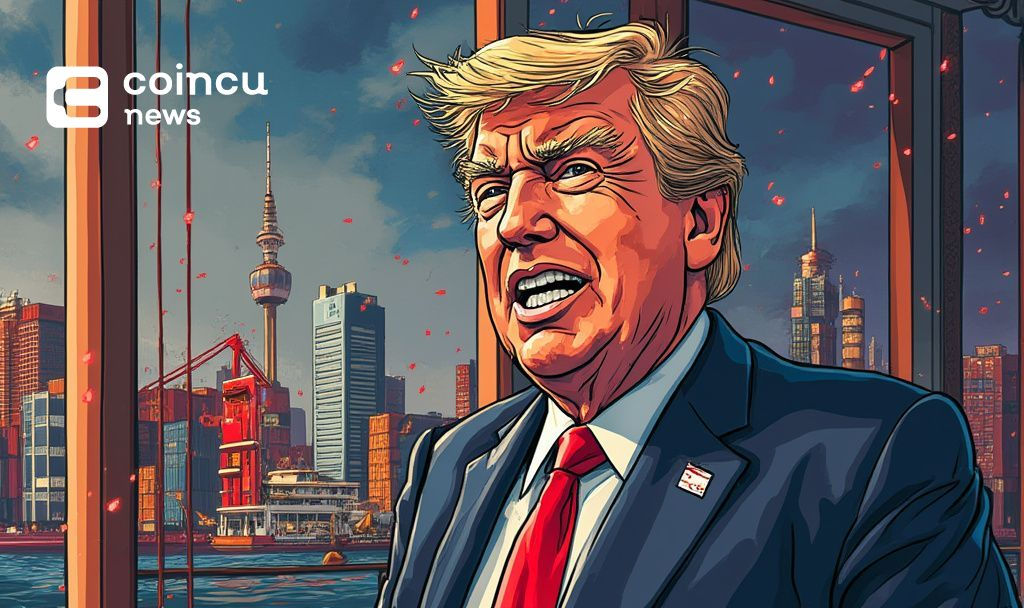- U.S. trade advisor Peter Navarro shares Trump’s tariff plan to boost trade.
- Impacts global trade dynamics significantly.
- Industry experts raising concerns over economic implications.

U.S. trade advisor Peter Navarro recently discussed President Trump’s initiatives to reduce tariffs, a move aimed at fostering better international trade relations.
Navarro’s announcement indicates a pivotal shift in trade strategy, which could significantly alter U.S. market dynamics and encourage trade partner cooperation.
Navarro’s Strategy to Eliminate Tariff Barriers Globally
Navarro outlined Trump’s priority to dismantle tariff and non-tariff barriers, starting with the removal of current trade barriers by trade partners. This directive serves as an initial step towards a broader strategy aimed at invigorating trade relationships and enhancing economic opportunities globally. Peter Navarro was quoted as saying, “Such measures are set to break down barriers and create a more open trade environment that benefits all parties involved.”
Industry implications include potential cost reductions for businesses due to decreased tariffs, prompting a reevaluation of supply chains for companies internationally. This trade approach seeks to encourage economic growth by making way for enhanced cross-border commerce, thereby fostering better connections with U.S. trade partners.
The announcement elicited various reactions from market leaders. While some see it as a favorable shift that could increase competitiveness, others express concern regarding potential retaliatory actions from other nations. Navarro’s comments have spearheaded discussions among government officials and industry leaders, with some expressing optimism about the economic efficiencies that could arise from a tariff reduction.
Historical Precedence and Economic Implications of Tariff Cuts
Did you know?
In 2018, the U.S. imposed extensive tariffs globally, impacting markets significantly. The recent tariff reduction approach could reverse such historic economic duress.
Experts anticipate the financial ramifications of this tariff strategy, drawing parallels to past U.S. trade tensions, particularly with China. Tariff reductions may yield increased import-export activities and potentially lower goods prices for consumers. Historical data indicates that reducing trade barriers frequently leads to a positive shift in market sentiment, offering improved opportunities for trade negotiations.























